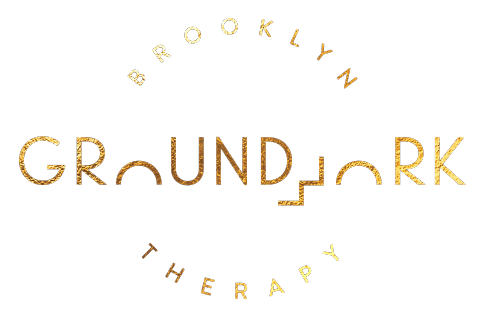Is Therapy Effective for Anxiety?
Anyone who has ever experienced recurring anxiety knows how difficult it can be to live with. Symptoms of anxiety include bouts of worry, fear, negative thought spirals, and panic attacks that are more severe than the occasional nerves before a big meeting or test. Anxiety is often triggered by stressful events at work or home, but it can also be caused by other factors like genetics or past trauma. It’s not uncommon for people to experience feelings of dread at least once in their life without any real cause - this is called Generalized Anxiety Disorder (GAD). Whatever the root cause may be, therapy offers relief from all types of anxiety disorders.
Types of Anxiety Disorders
There are many different types of anxiety disorders, and each one can affect people in different ways. Some of the most common types include:
- Generalized Anxiety Disorder (GAD): This is characterized by persistent and excessive worry about everyday things, even if there is no real reason to be concerned. People with GAD often have trouble sleeping, experience muscle tension, and feel restless and irritable.
- Social Anxiety Disorder (SAD): This type of anxiety is triggered by social situations, such as speaking in public or interacting with people you don’t know well. SAD sufferers often feel intense fear or dread about these situations, and may avoid them altogether.
- Panic Disorder: This disorder is when a person experiences recurrent, unexpected panic attacks. They may also worry about the implications of these attacks and become fearful of places where they have had an attack before.
- Post Traumatic Stress Disorder (PTSD): This condition is triggered by a traumatic event that was experienced or witnessed in the past. Symptoms include flashbacks to the event, avoidance of people or places that are related, and hyperarousal.
- Obsessive Compulsive Disorder (OCD): This disorder is characterized by recurrent obsessions- for example, an obsession with germs or obsessive thoughts about hurting someone you love- along with compulsive behaviors performed in order to reduce the anxiety associated with these thoughts. For example, if you’re experiencing an obsessive fear of germs, it would be compulsive to wash your hands excessively.
Why Therapy Works for Anxiety Disorders
Think about the last time someone said something extremely offensive or hurtful to you. How did you feel? Likely, you were so caught off guard that the words seemed to hit you like a physical blow, leaving you with that sick feeling in your stomach for hours or even days after. That is the same kind of emotional impact that anxiety has when it strikes - but unfortunately, there are no words to make it go away. When your mind is filled with worries and fears over everyday things, it can be difficult to think of anything else. Therapy provides a safe space for you to talk about your anxiety and develop coping skills, so that it doesn’t consume your thoughts every time something stressful happens. The right therapist can help you identify the root causes or underlying fears, as well as better understand the role that your brain and nervous system play in triggering and exacerbating anxiety symptoms. Better understanding all the mechanisms at play will help you to identify behaviors and coping skills that decrease or eliminate symptoms. Working on these goals in a safe, private environment can help you feel more confident and less anxious.
Some of the Benefits of Therapy include:
- Decrease in symptoms or frequency of anxiety attacks.
- Increased self-esteem and confidence.
- Better problem-solving skills for future stressful situations.
- Reduced avoidance behaviors, which helped you feel more at ease in social situations.
- An overall sense of relief and well-being following treatment.
When to Consider Therapy for Anxiety Disorders
If you are experiencing feelings of anxiety or dread that last longer than six months or begin to interfere with your relationships, work, or other aspects of life, it is a good idea to seek professional help. Therapy can help you identify the root causes of your anxiety and develop coping skills. It can also help you to feel better about yourself and take control of your life.
Anxiety disorders are a real and serious mental health issue that can be debilitating. If you or someone close to you is experiencing anxiety that affects your daily life, it's important to speak up about the problem - even if it feels overwhelming at first. There are many different types of therapy available for people with an anxiety disorder, so finding the right type of treatment should not feel impossible or insurmountable. The sooner you get help from a therapist who specializes in treating this condition, the better off you will be.
About Groundwork Therapy
Groundwork Therapy offers individual therapy and group therapy in Brooklyn, NY, and is accessible to those living within the boroughs of NYC. Our licensed clinical psychologists and therapists have extensive experience providing psychotherapy to adolescents, adults and couples.


